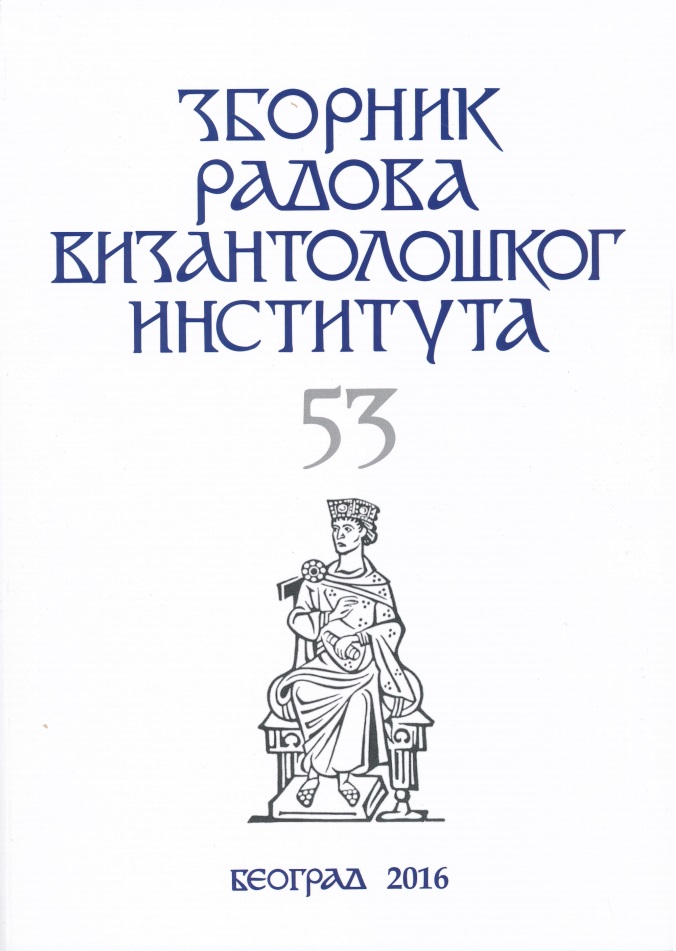Between Destiny and Reality: Prophetic and Messianic Ideological Constructions in Serbian Literature During the Ottoman Period
Between Destiny and Reality: Prophetic and Messianic Ideological Constructions in Serbian Literature During the Ottoman Period
Author(s): Paweł DziadulSubject(s): Cultural history, Serbian Literature, The Ottoman Empire, Theory of Literature
Published by: Vizantološki institut SANU
Keywords: prophetic ideas; messianic ideas; Serbian literature; Byzantine-Slavonic apocalyptic tradition; the Ottoman period
Summary/Abstract: This paper deals with prophetic and messianic ideological constructions found in Serbian literature of the Ottoman period. Prophetic accounts developed in two connected directions among the Serbs in this period. On the one hand, old Byzantine-Slavonic prophetic narratives (for example the Revelation of Pseudo-Methodius, the apocryphal Visions of Daniel, the Oracles of Leo the Wise) were copied and actualized according to the politico-historical context. On the other, new anti-Ottoman and anti-Islamic prophetic accounts were created. Serbian and South-Slavonic prophetic notions were mostly concentrated on the impending doom of the Ottoman Empire and the legendary emperor of the “last times”, who was supposed to vanquish the Ottomans. Moreover, the Serbs tried to understand the new historical context of the Ottoman period and perceive it through the theological prism. Therefore they started creating a suitable messianic perspective of their destiny with the help of old, well-known ideas from the Nemanjić period (for example the idea of “new Israel”). Both prophetic and messianic ideological constructions seemed to be consoling ideas, which were created to highlight the memory of the magnificent past in the dramatic period of the Ottoman conquest and domination.
Journal: Зборник радова Византолошког института
- Issue Year: 2016
- Issue No: 53
- Page Range: 343-354
- Page Count: 12
- Language: English

